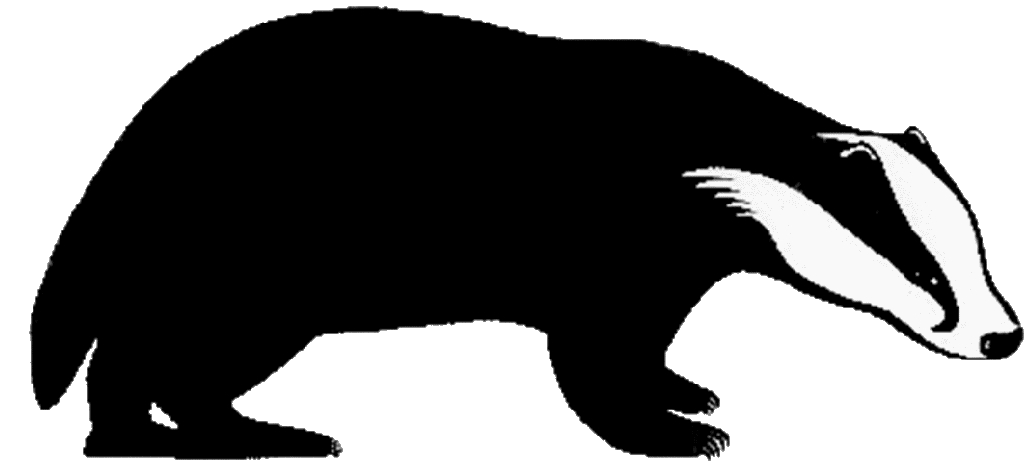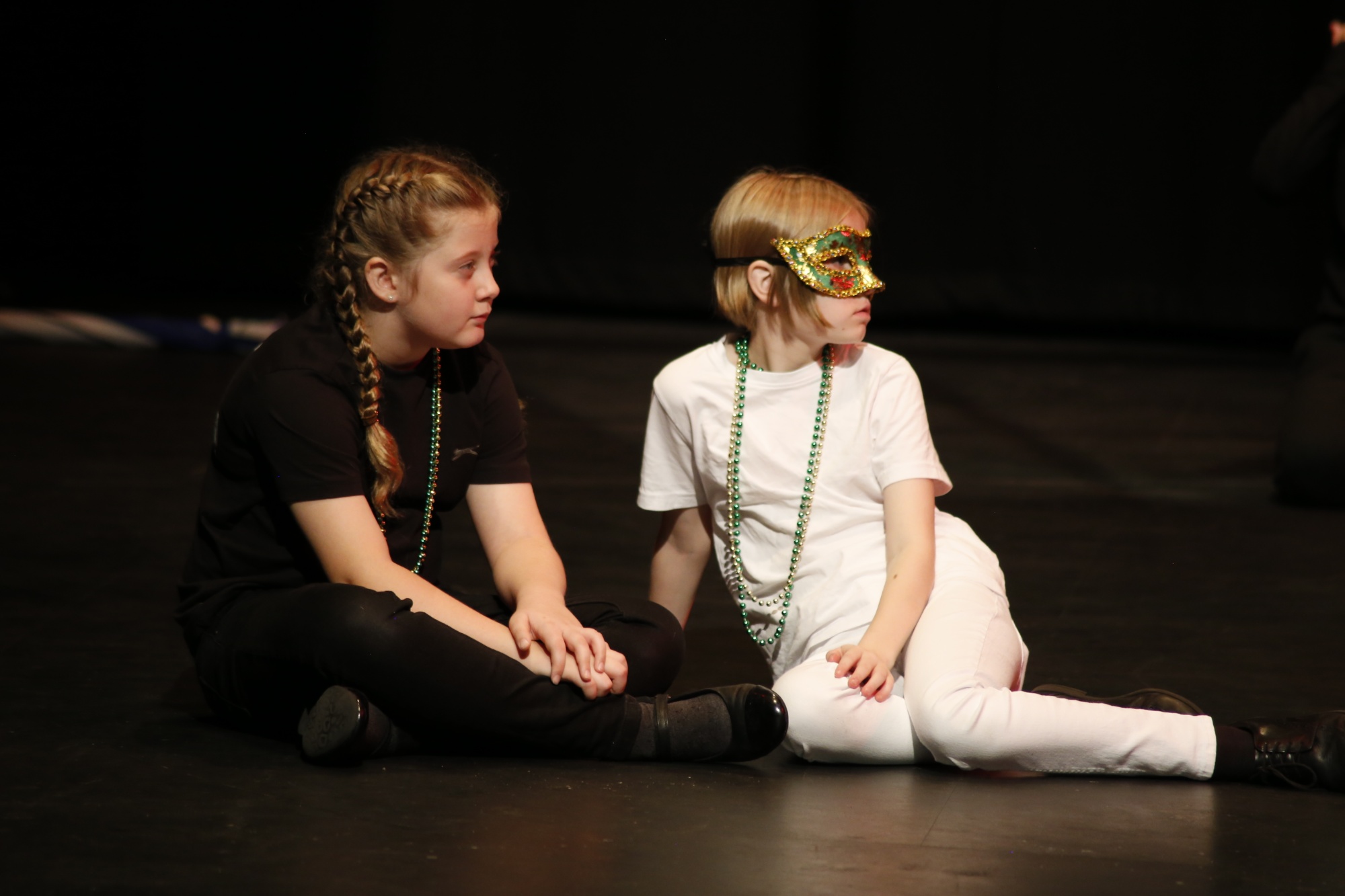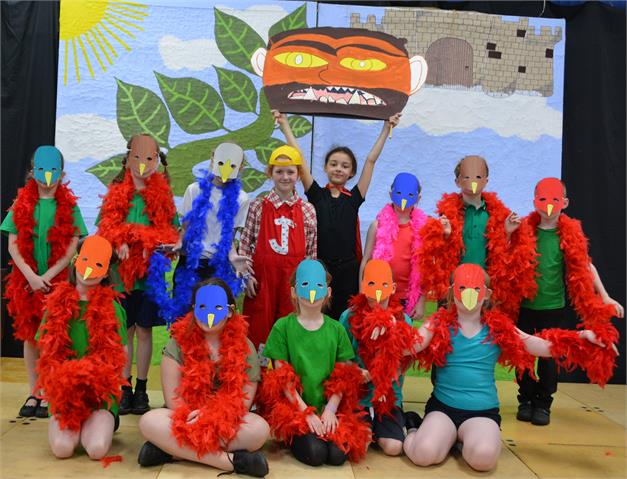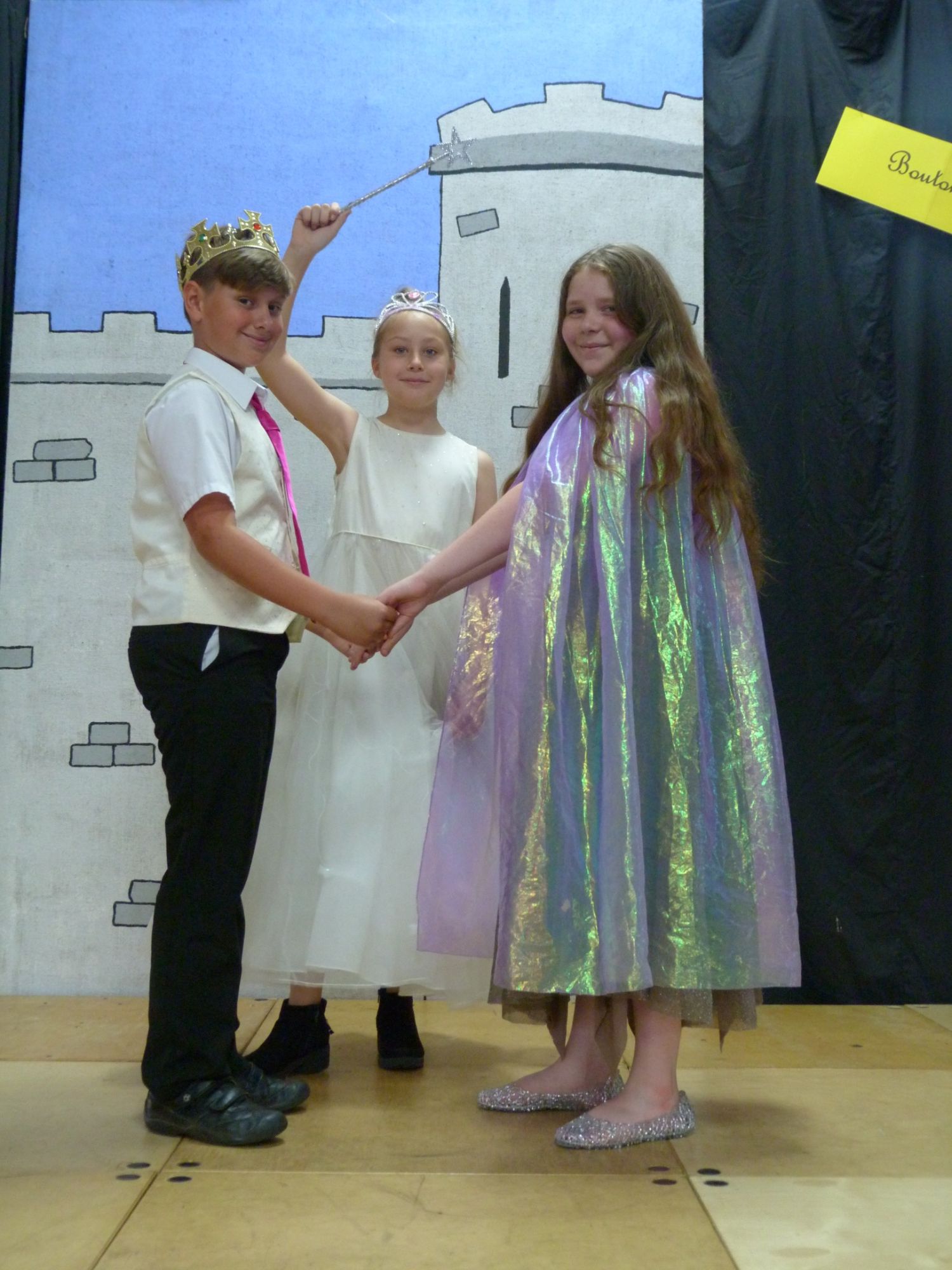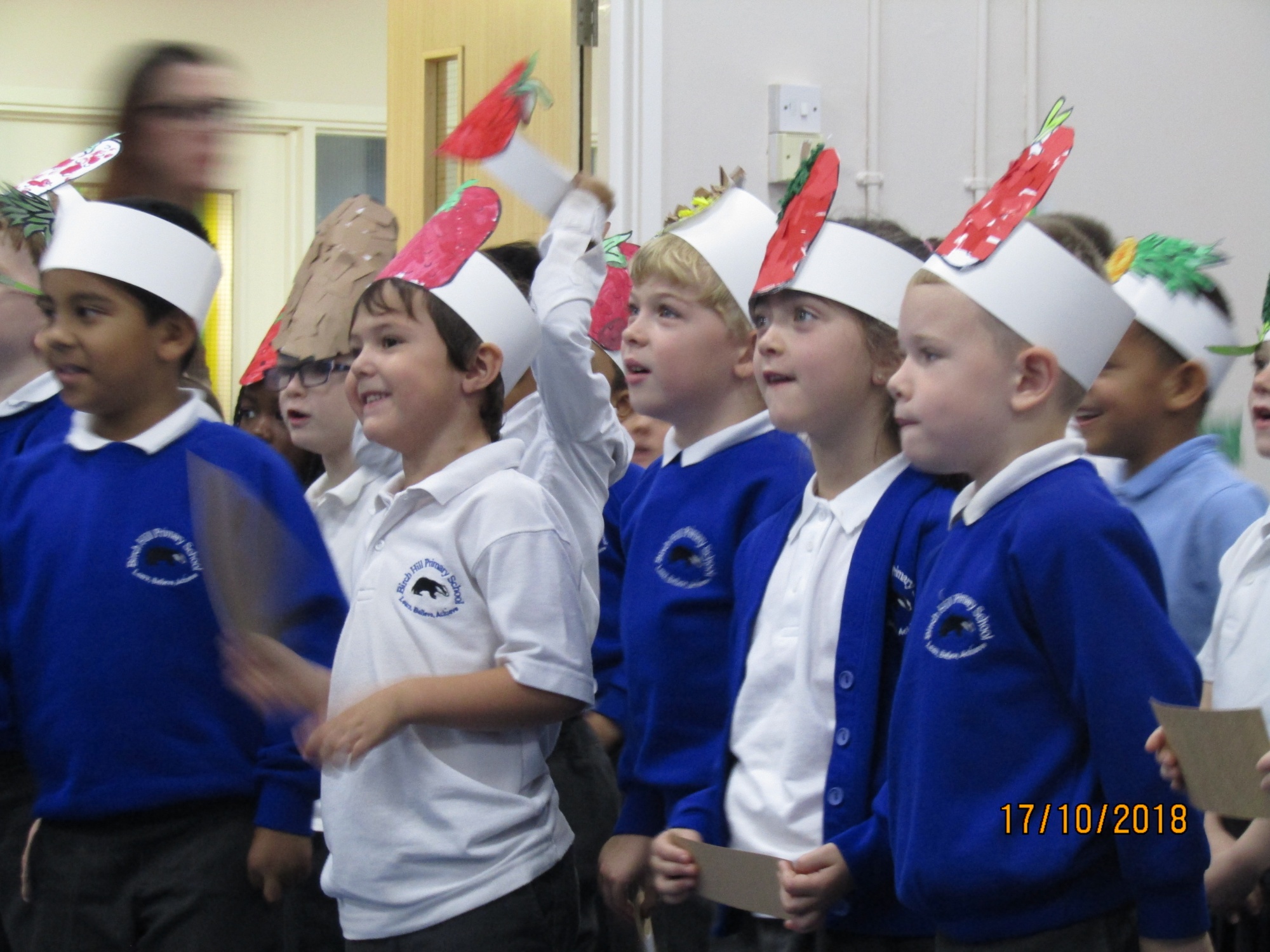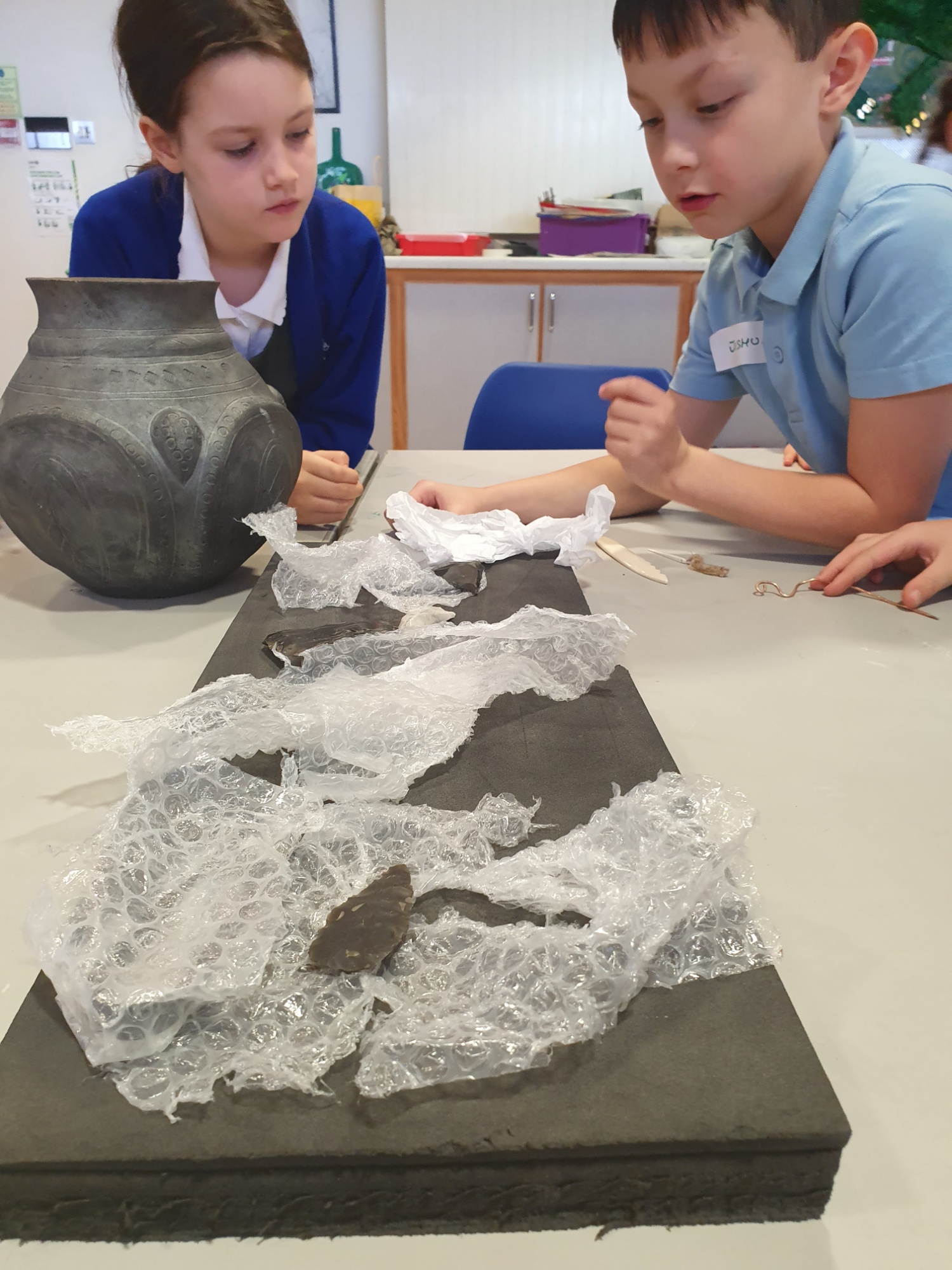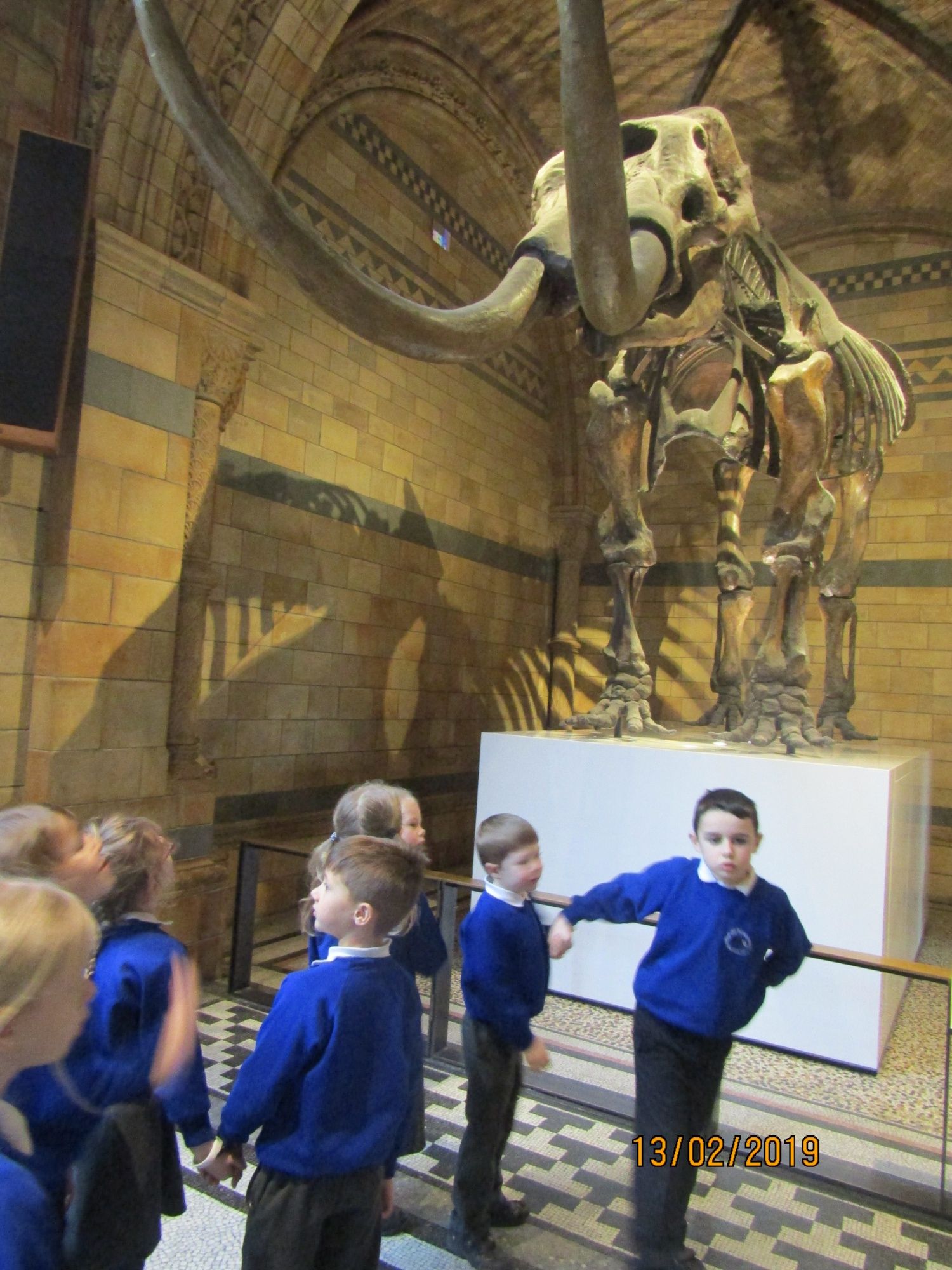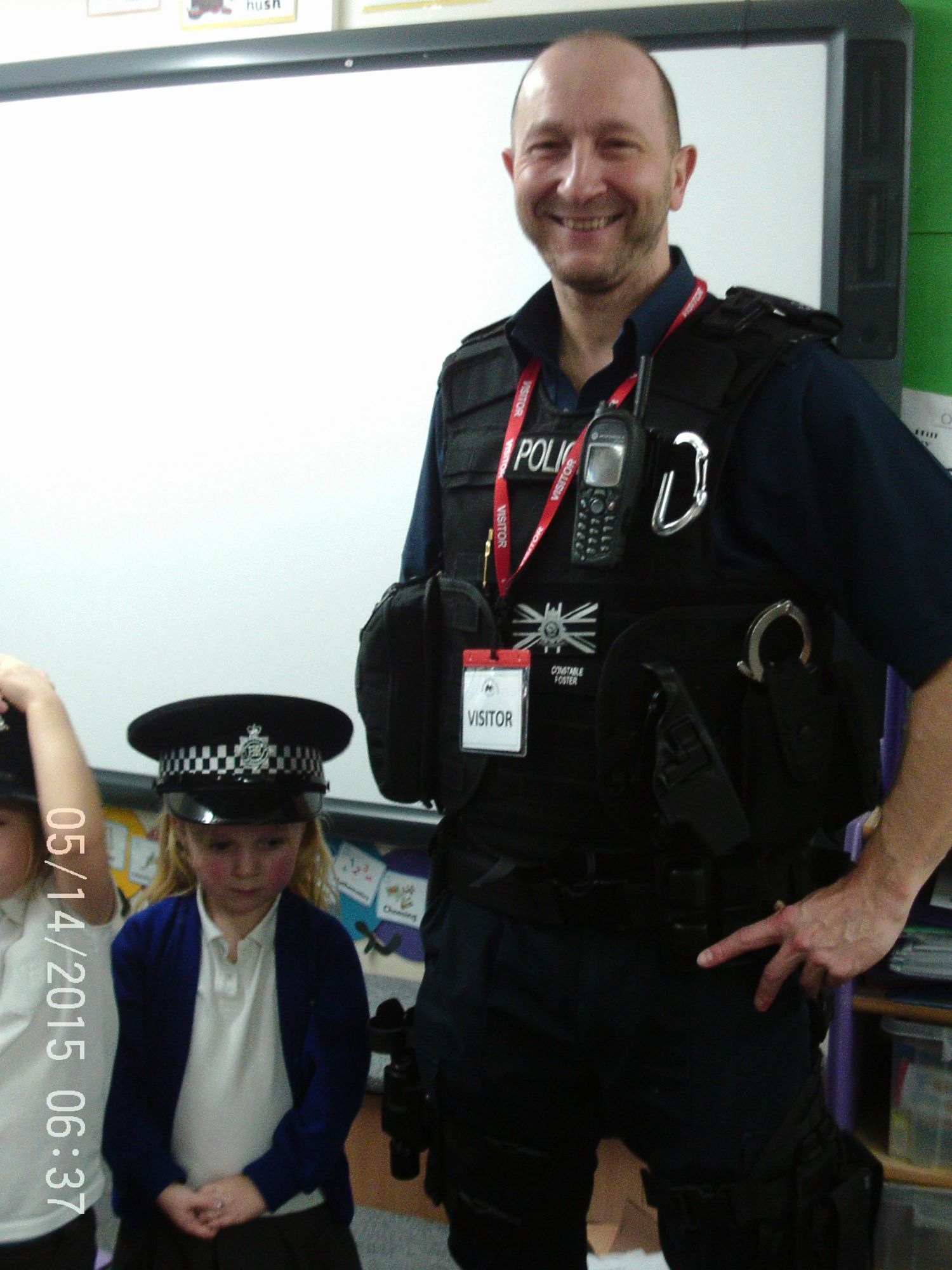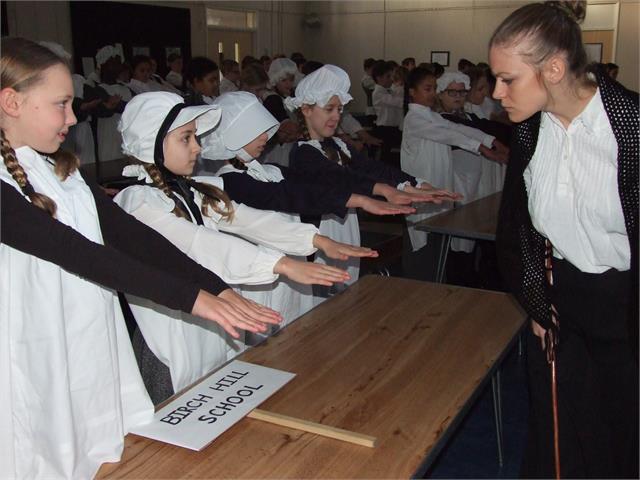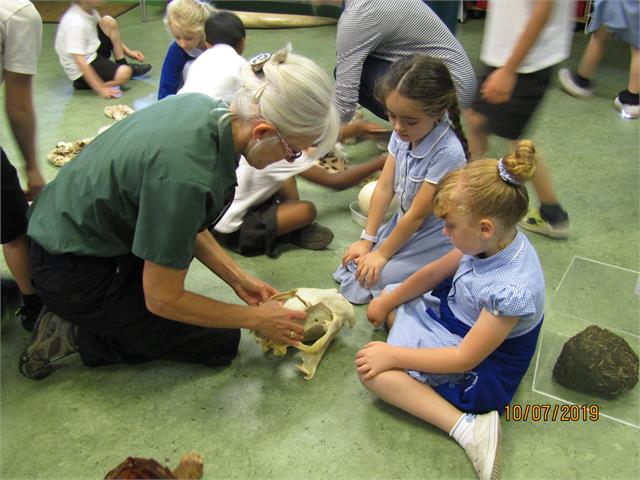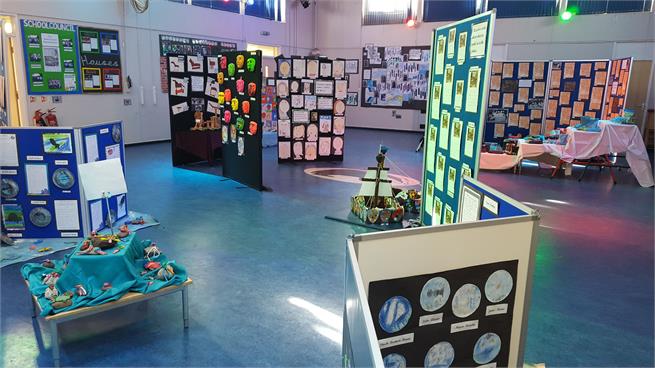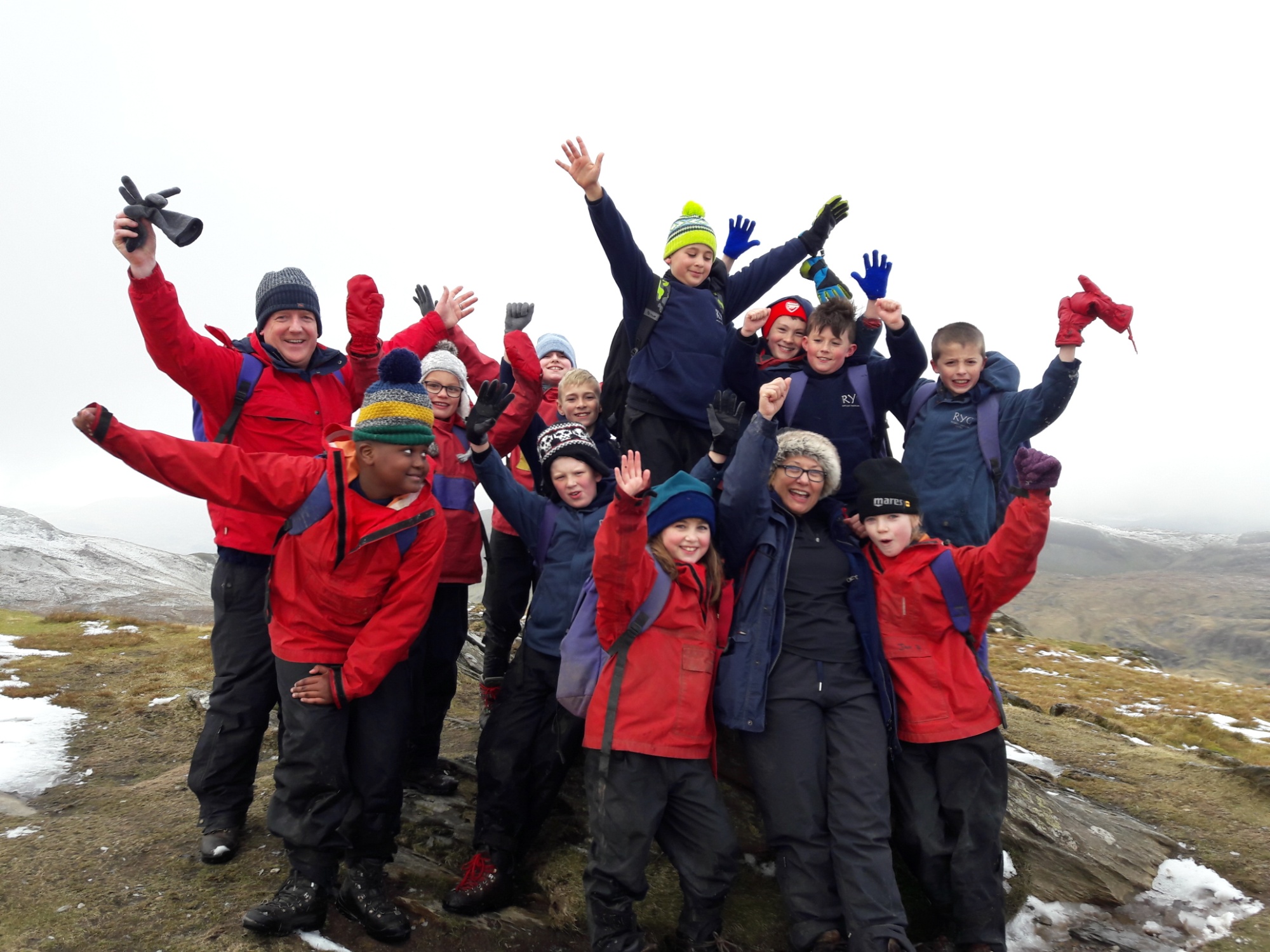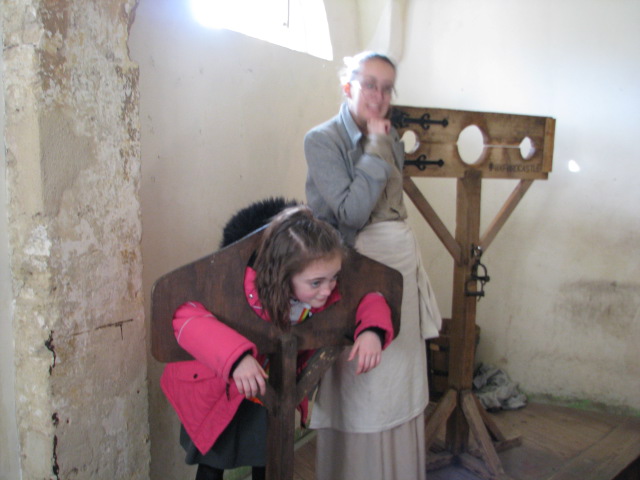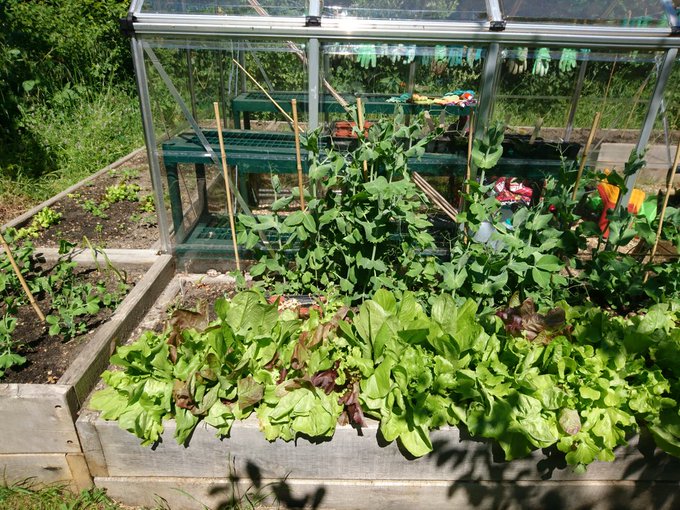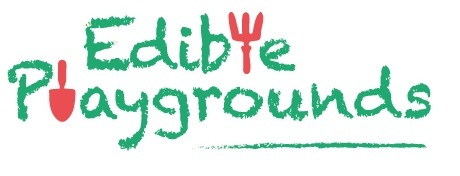Curriculum Overview
While it is always difficult to find enough time to cover all the things we would like to the children to learn and experience, teachers at Birch Hill are expected to create rich, extended learning experiences so that the children have the chance to engage in deep, meaningful learning, by studying a subject in depth. It is far more likely that lasting and more purposeful learning will transpire in these circumstances.
Teachers make lessons interesting. Pupils enjoy learning about other cultures, for example when handling Sikh artefacts. They debate arguments, for example ‘for and against’ having rules, with enthusiasm. Pupils learn reading, writing and mathematics successfully.
Ofsted - October 2019
Core knowledge and skills in reading, writing and mathematics are mainly taught discretely and continuously – teachers will use a mixture of ability setting and mixed ability grouping. However, Science, English and Maths are also taught through other subjects: there are many good practical opportunities, for example, to teach mathematics through science, or reading and writing through history.
In the Early Years (EY), English and Maths are taught in ‘continuous provision’ – this is where they are set out alongside physical, creative and role-play activities. Teachers will led short in put sessions on the carpet as a whole class and then ask the children to come and work with them in a small groups.
Click here for more information about how we teach Phonics.
Equally important to us that our children also have a full entitlement to enjoy learning in other subject areas. To this end, teachers have been provided with clear guidance regarding how much time should be allocated to different subjects.
Each half term year group have a key theme based on a lead subject, usually history, geography, R.E. or science that develops their key knowledge and skills.
For more information on the topics we cover, please see an overview of our Curriculum Plan Overview.
Class teachers (and HLTAs) will teach children the majority of the different National Curriculum subjects. Teachers use Catherine Cheater scheme of work for French. Music Express scheme is used for Music. All teachers are trained in REAL PE and this is used as the basis of our PE curriculum. Switched On IT is the scheme used for Computing.
At Birch Hill we make use of the resources and cultural capital in the local area: as much as possible, our themes are linked to an understanding and appreciation of the local area and its history and changing nature. We also make good use of our national and international links that also enrich the children’s learning.
Please see each year groups page for more detailed information about their curriculum, including; topics, English and Maths coverage.
Teachers have been guided to develop children’s mastery skills and understanding – this means that rather than hurriedly trying to cover everything they focus on ensuring that the children maximum amount of learning being extracted from the topic under study.
The children also benefit from excellent extra-curricular provision that provides extended opportunities for children to explore new areas of learning and interest or deepen their experience, particularly in sport and music.
At the beginning of each year we invite parents to a Meet the Teacher presentation and also provide Curriculum Newsletter and Home Learning information.
Assessment Principles
Birch Hill Primary School’s Assessment Principles
Our assessment procedures are an essential part of how we help children achieve high standards. We regularly evaluate children’s knowledge, skills and understanding through daily formative assessments and termly summative assessments. These assessments help establish children’s abilities and current strengths, as well as their next learning steps.
Teachers use assessment information to inform their planning, ensuring lessons continually build on children’s strengths and address areas for development improving the quality of teaching and learning.
Children are actively involved in our assessments, as they become better learners when they are given time to reflect on their success in lessons and are aware of their own learning goals.
Qualitative and quantitative assessment information is shared regularly with parents throughout the year so that teachers and parents can work together to help children succeed.
We are committed to:
Continually providing clear, comprehensible, feedback, verbally and in writing, which supports children’s learning.
- Feedback is a vital element of assessment. Effective feedback is positive, constructive and ensures pupils understand what they have done well and what they need to do to improve.
- We recognise that the most effective feedback is immediate.
Ensuring children engage in their feedback, through discussion or in writing, to show that they understand how to improve further.
- Children are frequently given opportunities to respond to teachers’ next steps, which consists of them improving past work and further developing particular skills that were identified in teachers’ marking.
Using assessment strategies within lessons to systematically check children’s understanding so we can intervene with noticeable impact on children’s achievement.
- By using targeted questioning techniques, teachers are able to understand how best to support or challenge particular children.
- Creating clear learning intentions and appropriate success criteria for all children, so they understand the aim of the lesson, how to achieve it and can access and are challenged by their learning.
Encouraging children to take the lead in their own assessment.
- This is facilitated through self-assessment and peer-assessment activities, children creating their own success criteria. These enable children to reflect on the standard of their work over a longer period of time.
Using summative termly judgements as a mechanism for tracking children’s progress over the course of the year.
- We use summative judgements to help monitor whole-school standards; analyse the performance of key groups; ensure all children can access and are challenged by their learning; provide additional support for those who are finding learning more difficult and provide additional challenge for those who are ready for it; and to ensure that every child is supported to meet their full potential.
- We prioritise the moderation of summative judgements to help refine the accuracy of these assessments.
Ensuring assessments provide information that is of value and justifies the time teachers spend on them.
- We continually reflect on our assessment procedures to ensure they are valid and reliable, giving us the information needed.
- We reflect on the time teachers spend on tracking, delivering and marking assessments to ensure it justifies the outcomes.
Giving reliable, meaningful and regular information to parents about how their child, and the school, is performing.
- This information will be clear, transparent and communicated in a format that parents can understand and also use to assist their child’s future learning.
Making sure the school is keeping up with external practice and innovation.
- We continually reflect on our assessment policy and practice. We do this by ensuring we are aware of high quality work locally, nationally and internationally.
Curriculum Enrichments
We have an excellent range of enrichment activities to help support the children's learning. These include visitors or drama workshops coming into school, and trips to local facilities, or further afield to museums or even the odd castle!
In addition, children will have the opportunities to perform in a range of productions while at Birch Hill, including Christmas Nativity and Harvest Assembly for in Early Year and KS1, Year 3 & 4 children will perform a play at Easter and Year 6 children participate in the National Shakespeare Festival.
|
|
Year 6 Shakespeare |
|
|
Year 4 Easter Performance |
|
|
Year 6 Summer Performance |
|
|
Year 2 Harvest Assembly |
Topic Themes
We have developed, our own knowledge and skills based learning topics. We combine together different curriculum subjects: art, design and technology, geography and history in an inspiring and engaging way around a focus. Some topics continue throughout the duration of a term; others last for half a term.
As part of this work visits to places of interest are organised to engage and excite the children. We are fully committed to using the rich cultural capital that the local and surrounding area has to offer. These can be either a school-based workshop, visitor or themed day, a trip to a local venue (such as South Hill Park or a local church), or a coach trip further afield (for example; Marwell zoo, Milestones museum or Oxford castle).
During the year, we also devote a week to one of our special theme weeks: Arts Week, History Day, Science Week.
Curriculum Subject Leaders & Middle leaders
While class teachers are able to teach a broad curriculum they are supported by Curriculum Subject Leaders. Subject Leaders are able to offer advice and support and are responsible for curriculum teaching and coverage their subject across the whole school. Further help and advice are also available from Advisory Teachers and other School Improvement Advisors from the Local Authority.
Timetable - Year 1
In Year 1 children will begin to be taught English and Maths as whole class lessons. These lessons will generally be taught every day for approximately 1 hours. In addition, the children we will have a daily phonics session, reading and handwriting.
Timetable - Year 2 onward
By Year 2 and onwards, children will begin to be taught English and Maths as whole class lessons. As previously, these lessons will generally be taught every day for approximately 1 hours. When children have completed the phonics scheme, they will move towards Grammar, Punctuation & Spellings lessons. Similarly in reading, once children are fluent and confident in their reading they will move towards whole class Guided Reading sessions. In Year 2, number fluency is developed using '2 minutes' Maths sessions. By Year 3, children will have daily maths number fluency sessions - using Rock-Star Maths
